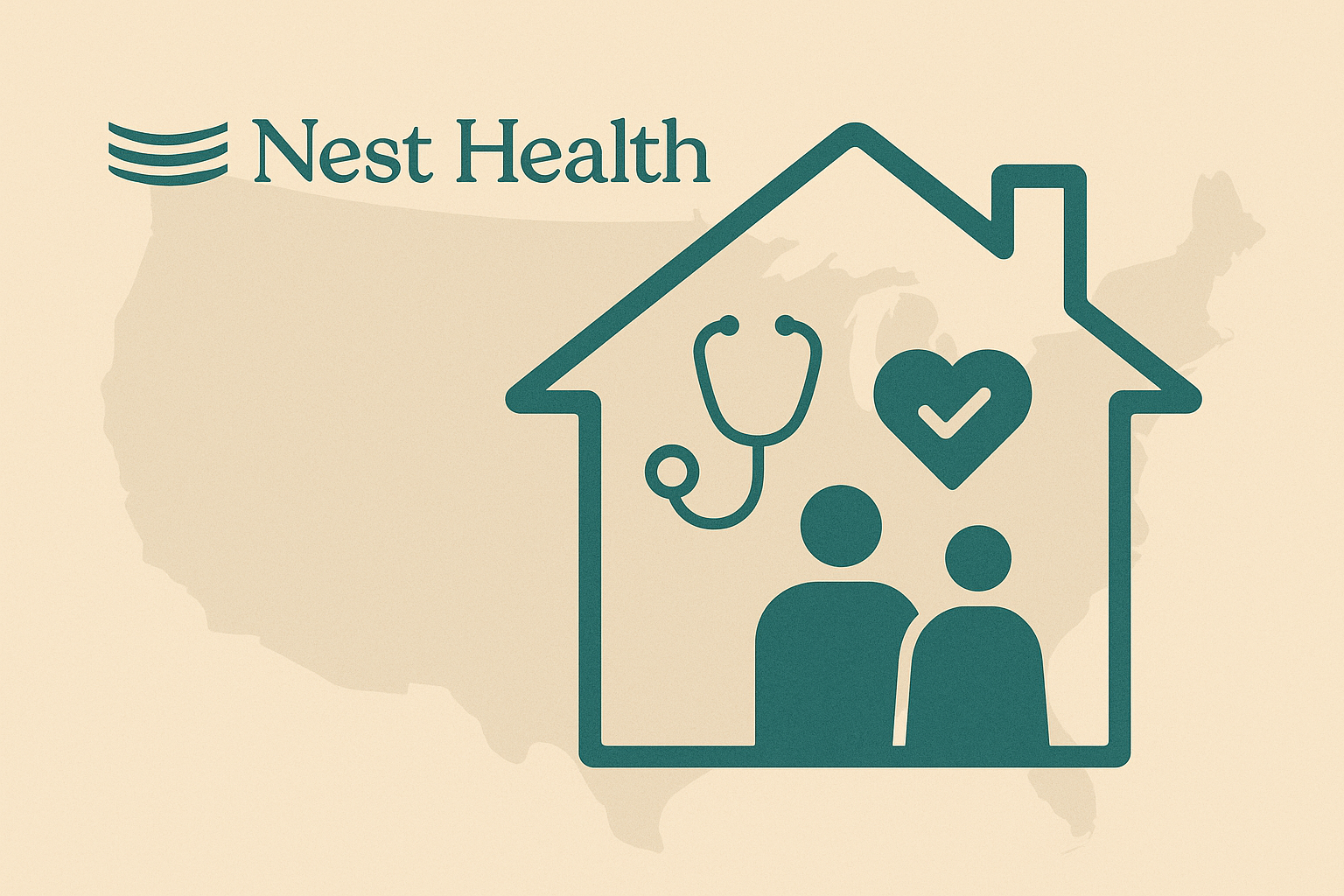

The Pill Club, a healthcare startup that prescribes and delivers birth control across the US, raised $41.9 million in Series B funding in June this year. The round was led by Base 10 and existing investors included GV (formerly Google Ventures) and ACME Capital. The company is on a mission to place healthcare back into the hands of women through education, options and access. While it did not comment on the latest valuation, The Pill Club reached $100m in annual run rate revenue and raised its previous round at a $250m valuation.
Market entrants are quickly noticing the robust business model that at-home birth control prescription and delivery creates due to the massive market opportunity, low barriers to entry and the use of a subscription plan. Nurx, which last year raised a $22.5 million Series C, provides digital healthcare for sensitive needs ranging from birth control and STI testing to treatment for acne and herpes. Meanwhile, Lemon Aid Health prescribes and delivers Birth Control, Erectile Dysfunction medication, UTI antibiotics, Depression & Anxiety medication and more; raising a $36.8M Series B round in 2020. Pandia Health, Simple Health, Twentyeight Health, and Prjkt Ruby are all rapidly growing to meet the birth control prescription and delivery demand with similar models.

Women are struggling with birth control issues and aren’t getting answers from their health practitioners
Tuune, offering individualized hormonal analysis and birth control prescriptions and delivery, recently closed nearly $5 million to launch in the US market. Tunnes’ research sheds light on the demand: 85% of women don’t think their doctor spends enough time to find the best birth control for them, 52% of women globally experience side effects from their birth control, and 43% of women believe they have a hormone imbalance but can’t get a doctor to diagnose it.
Not only are companies providing at-home prescriptions, but some are taking it one step further and providing additional, complimentary services. Whether it’s Hanx which provides bundles and subscriptions around a range of products including the Birth Control Pill, Plan B, condoms, lubricants, and vagina-related treatments; or Emme which, alongside it’s effortless birth control subscriptions, provides customers with a smart case that connects to a mobile app which tracks pills and sends custom reminders to take their pills and get refills.

Why is Telehealth booming in sexual health?
In an adjacent field, Hey Jane offers telehealth abortion pill perscriptions to women over the age of 18 and up to 10 weeks pregnant in NY, CA, WA, and IL. The lack of availability combined with the strong consumer demand explains why their $2.2 million raise this year was oversubscribed.
The surge of Telehealth has been amplified by the pandemic, but the low barrier to entry, accessibility and ease of a subscription model shows promise for birth control prescriptions. We’re seeing more players crowd the space with VC dollars eager to be put to work. We have certainly come a long way from the first US Birth Control center at 46 Amboy Street in Brooklyn in 1916 which opened at a time when the birth control pill was not invented yet and even spreading the word about contraception was illegal.
Head over to our blog page to read more ASV Insights. Next time, ASV Insights discusses the rise of SPACs in the sexual health and women’s health industry and the alternatives they offer to traditional IPOs.



